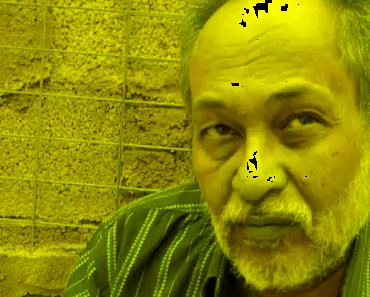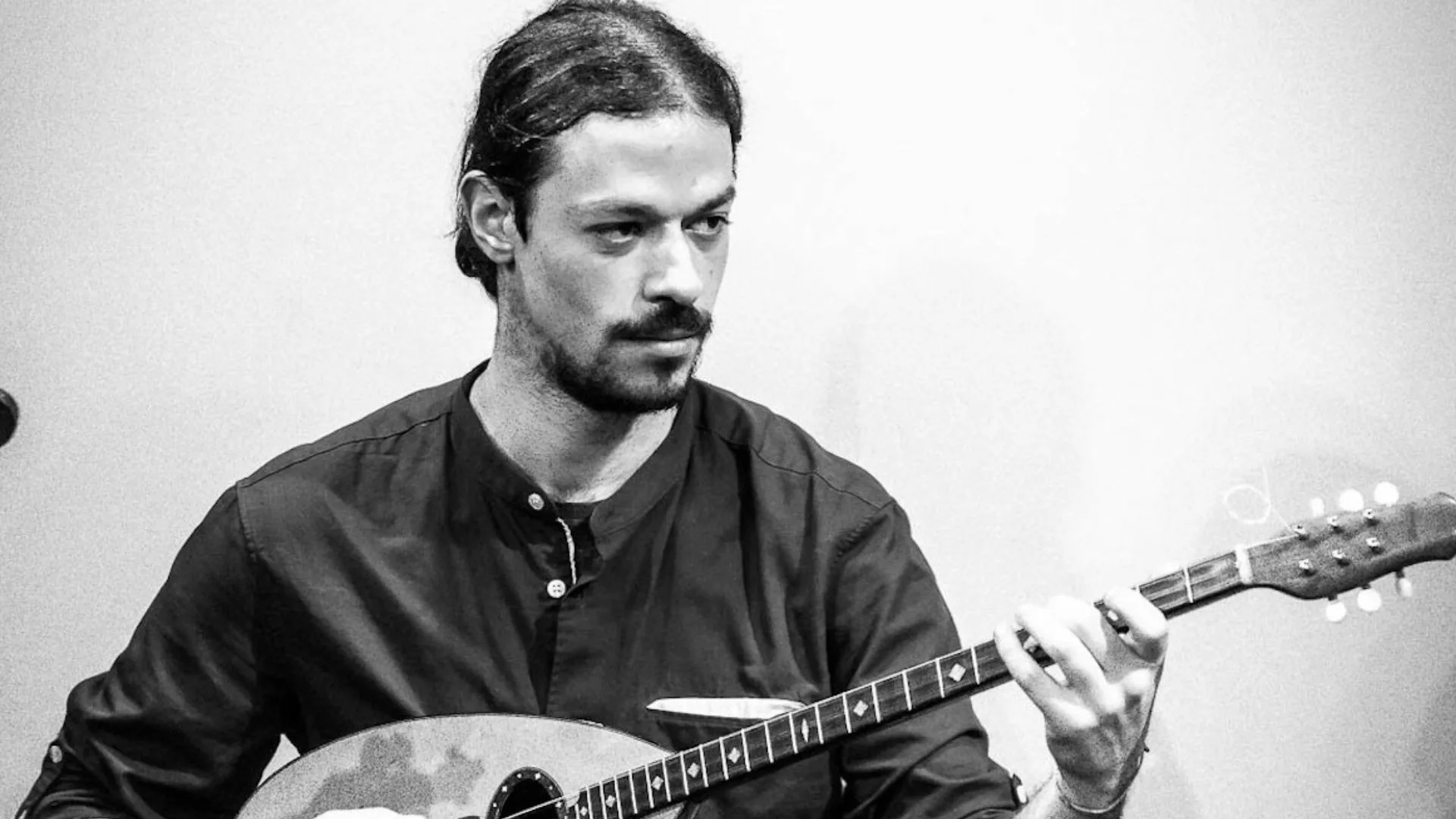
Along with Mikis Theodorakis, Manos Hatzidakis (23 October 1925 – 15 June 1994) was Greece’s greatest composer. His music can also easily be described as the soundtrack of 20th-century Greece.
Hatzidakis’ speech was as lyrical as his music, his words as poetic as those of any contemporary Greek writer. In 1960, he received an Academy Award for Best Original Song for his song “Never on Sunday,” from the film of the same name.
His autobiographical statements are better than any biography written about him.
His life in his own words
“I was born on October 23, 1925 in Xanthi, the one that was worth preserving, not the other one which was later built by the inland immigrants,” he said.
He said that at the time, “the coexistence of a copy of the Belle-Epoque along with genuine Turkish minarets, gave color and content in a social melting pot from all corners of the Greek world, who coincidentally found themselves living in the border region and dancing the Charleston in public squares.”
“My mother was from Adrianople, daughter of Konstantinos Arvanitidis, and my father from Myrthio of Rethymnon, Crete,” he revealed. “I am the birth product of two people who, as far as I know, have never worked together, except when they decided to make me. That is why I have within me thousands of contradictions and all the difficulties in the world. But my bourgeois consciousness, along with my so-called tenure as a European, brought an impressive result.”
“All my time in Xanthi I tried to get to know my parents in depth and to wipe out my sister,” he said of his life, but “I did not succeed in either. So we moved to Athens in ’32 where it was impossible for me to forget my failure.”
Hatzidakis said he “began to live and train in the capital while studying the love and poetic function of [his] time…[and he] received an Attica Education at a time when Attica and Education still existed.”
“I was deeply influenced by Erotokritos, General Makrygiannis, the Fix (beer) factory, Charalambos of (coffee shop) ‘Byzantium,’ the humid climate of Thessaloniki, and unknown persons who I met randomly and remained unknown to all the years afterward,” he said.
“During the (German) Occupation,” he recalled, “I realized how useless music lessons were, since they were treacherously removing me away from my original goals of communicating, channeling and disappearing, which is why I stopped them right after the Occupation.”
Hence, “I did not study in a Conservatory and therefore I saved myself from looking like a member of the Panhellenic Music Association,” he said.
Hatzidakis spoke of the poems and many songs he wrote and admitted that he had been “particularly involved in imparting [his] views through democratic processes, from which [he] benefited the most as an employee in recent years,” adding that “[he] avoided at all cost everything that hurt [his] erotic feeling and…personal sensitivity.”
“I traveled a lot,” he said, “and this helped me to understand that stupidity was not exclusively a product of our country, as the Greek chauvinists and lovers of nationalism continuously prove. At the same time, I discovered that the persons who interested me had to speak Greek, because communication in a foreign language was painful.”
Move to the US
Manos Hatzidakis lived in the US from 1965 to 1972, where he worked with many notable musicians, including Quincy Jones and Michael Kamen among others.
There, he recorded “Gioconda’s Smile” (Το Χαμόγελο της Τζοκόντα), a fully instrumental album, clocking in at just over 28 minutes, which eventually became his biggest-selling album in Greece.
“In ’66 I found myself in America,” he said. “I stayed there for six years, the years of the dictatorship, for purely tax reasons—it was revealed that I owed three and a half million to the state. After I repaid my debt, I returned around ’72 and founded a café called Polytropon, until the restoration of democracy in ’74, when I closed it because it was the era of stadiums (concerts) and the decompression of people.”
“I kept my temper and I avoided national dances or dances of the Resistance,” he continued. “When I closed down Polytropon I had a loss of about three and a half million—a fatal number, it seems, for my personal life.”
According to Hatzidakis, from 1975 and on, the famous clerical era begins, which made him well known to a large and uninformed audience, Greek of course, as a sworn enemy of Greek music, Greek musicians, and Greek culture.
“During this time,” he said “and after an unsuccessful heart attack, I tried again, unsuccessfully, to realize the same coffee shop ideas when in (public broadcaster) ERT and when in the Ministry of Culture, meaning to impose my views through democratic processes. However, both these organizations, which have been corroded and corrupt from birth, managed to resist me successfully and, as they say, to defeat me. Nevertheless, at this time, the Third (public radio station) was born and imposed itself on the country.”
Hence, he managed to complete his “personality that has been traumatized since [his] childhood, ending up selling ‘lottery tickets in heaven’, and generating the respect from the younger generations that [he] remained a genuine Greek and a Great Erotic.”
Famous quotes by Manos Hatzidakis
“The only antibiotic to fight the beast inside us is Education.”
“When you get used to the beast, you get to look like it.”
“I don’t care about fame. It imprisons me in its own confines, not mine.”
“To make music, you need three things: art, technique, and experiences. Without them you can not write music.”
“I believe in songs that expose us and express us deeply—not those that flatter our frivolous and violently won habits.”
“The two enemies of politics and culture are populism and elitism.”
“If Greece never dies (as the marching song goes), it means that it will never be resurrected.”







